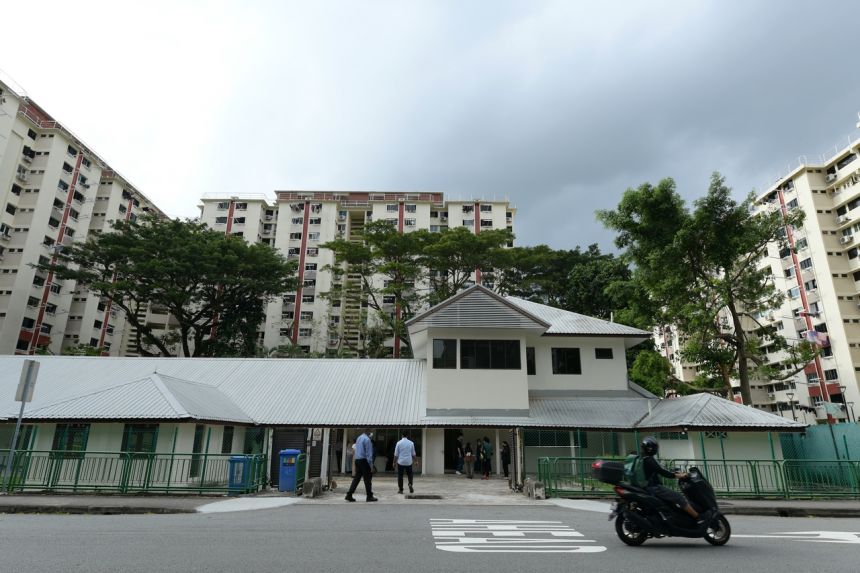Home > News & Media > S’pore’s first secular halfway house for women offenders to be ready by second half of next year
S’pore’s first secular halfway house for women offenders to be ready by second half of next year
Last Update on December 7, 2021

This article was originally published by The Straits Times on 06 December, 2021.
The first secular residential halfway house for women is expected to open its doors for about 30 offenders in the second half of next year, said the Singapore Muslim Women’s Association (PPIS) in a statement on Monday (Dec 6).
Speaking to reporters at the Rise Above Halfway House premises, Associate Professor Muhammad Faishal Ibrahim, Minister of State for Home Affairs and National Development, said that according to a study conducted by Singapore Prison Service (SPS) in 2019, women ex-offenders have unique needs and challenges as they go through their rehabilitation journey.
“In addition to their rehabilitation process, they also have caregiving needs, as well as adjustments that they need to make following their release from the prison,” he added.
Prof Faishal noted that on average, the two-year recidivism rate of from offenders from cohorts released between 2016 and 2018 and who were placed on community-based programmes is 16 per cent, compared with 26 per cent for former offenders who were not in such programmes.
The Rise Above Halfway House, which is the second all-women’s house in Singapore, was earlier announced by Prof Faishal in October last year.
It is a collaboration between the SPS and PPIS, and targets women offenders and women supervisees, who are serving the tail end of their sentence and are deemed suitable or eligible to be emplaced at the halfway house.
SPS said that its halfway house service model aims to enable offenders to sustain an independent and crime-free lifestyle when they are released by providing guidance and social counselling and transitional housing, which is followed by facilitating affordable housing for homeless offenders, among others.
When the Rise Above Halfway House opens, Singapore will have nine halfway houses on SPS’ model, eight of which are faith-based.
The Turning Point, the only halfway house for women in operation now, is a Christian charity founded in 1990.
Asked about the reasons behind a new halfway house three decades later and the significance of having one that is secular, Prof Faishal said that while there are enough halfway houses to meet the needs of offenders, having a secular, women’s halfway house can benefit female offenders and ensure that they are “appropriately emplaced” in a community-based programme.
Insights from the SPS study in 2019 also revealed that women former offenders are able to turn their lives around with greater community support and this, in turn, breaks the cycle of inter-generational offending.
“Hence, the environment, services and programmes at the Rise Above Halfway House are specifically designed to generate safe spaces for women offenders to build their human and social capital, and promote desistance,” said PPIS.
“The halfway house will offer gender-responsive interventions, as well as targeted and specialised intervention to reinforce these women’s resolve to lead a socially responsible lifestyle.”

